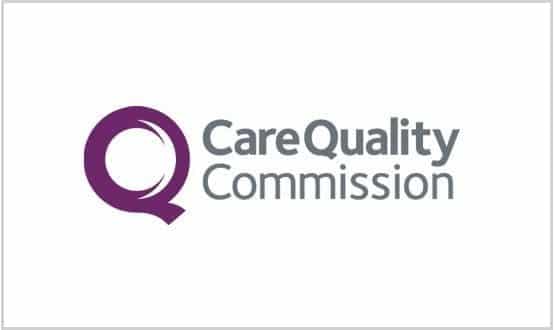The largest healthcare provider in southwest London has been criticised by the Care Quality Commission (CQC) for its inaccurate treatment data.
St George’s University Hospitals NHS Foundation Trust was investigated by the CQC in June 2016 and was again investigated (in May this year) as a follow-up, analysing its quality of care.
In the 4 August quality report it stated that: “Referral to treatment data was still inaccurate and still not being reported to NHS England.”
About two million patients had been identified, dating back to 2014, where the trust was not able to say with certainty that these patients had been treated or were at the correct stage of their care pathway, according to the report.
The trust, which has two teaching hospitals at Tooting and Roehampton, recently made headlines after its May board papers revealed its record keeping is at “extreme” current risk.
It was in the midst of checking hundreds of thousands of records to see whether patients had failed to receive treatment because of poor data systems.
“A recovery programme and clinical harm review group was making progress, but it could take up to two years to be fixed”, the CQC report stated. “So far, two cases of serious harm to patients had been identified, as a result of delays in making their follow up appointments.”
A recent Freedom of Information request revealed that two patients came to “severe harm” – where one patient suffered a stroke that might have been prevented and another received late treatment for cancer due to record keeping issues.
The CQC investigation found that the trust achieved compliance against all of the cancer standards in December 2016. “This is an improvement, because the trust was not meeting the two-week wait and 62-day cancer standards in 2015/16 and in response a “Cancer Action Plan” was implemented.”
The clinical harm review, chaired by a deputy medical director from NHS England, reviewed incidents, GP alerts, those who had waited over a year for treatment and those that had not seen a clinician for more than six months.
By April 2017, over 3,300 validations had been completed. Between August 2016 and April 2017, the group had reviewed 126 cases and found that no harm had occurred in 110 and low harm in 14.
After training started for staff in inputting data onto the system, errors began to decrease.
At a board meeting in February 2017, it was reported that the trust’s performance against the referral to treatment (RTT) standard had reduced, though proactive measures were being taken to improve data quality, and service managers were closely monitoring lists with patients who had waited in excess of 52 weeks.
The board were told in January 2017, that the RTT data issues could be fixed, but will require the whole organisation to engage. Independent external experts had approved this approach and estimated that the recovery programme would take up to two years
The CQC inspection team encourages the trust to ensure it continues with the recovery program and clinical harm review.
The trust is overall rated “inadequate” by the healthcare regulator.


7 August 2017 @ 20:17
In order to measure RTT period duration’s accurately and efficiently Trusts need to be utilizing eReferrals, or more precisely using a PAS that supports eReferrals. This will allow the patient’s health activity data to be sorted without the use of fuzzy logic or similar algorithms that make assumptions that might not be correct. The indicator that is of most concern to people is how long they are going to have to wait4their treatment, so it is very important to get the measurement right. Trusts need to put the patients they serve … first, before all else.
7 August 2017 @ 20:54
Clive. It’s called choose and book.
7 August 2017 @ 21:14
you are wrong Barry, it was relaunched some time ago
7 August 2017 @ 21:22
Further more, an eReferral is the start of a person pathway, without an eReferral all you can do is file the person level health activity against the health time line (ie dump it in a bucket) – the eHR is now critical, but it needs to be sorted, it can’t be just one big … mess.
Does that make sense ?